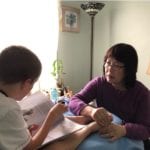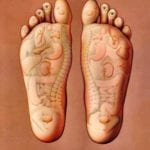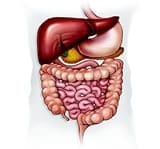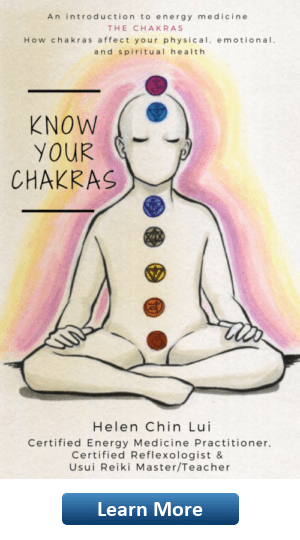Part 3 of our “Food Intolerance and Food Allergy” series:
Food Challenge
Anyone can schedule a food challenge if you are not completely sure what foods you are allergic to. A food challenge is usually done over several hours in a controlled environment at an allergist’s or doctor’s office. The objective is to see how much of the suspected foods can be eaten over a period time before a reaction occurs.
There are two types of food challenge tests; the first is single-blind test which is administered by a doctor or allergist. The patient is given a suspected food or a placebo that will not cause an allergic reaction. The second test is called a double-blind test where neither the test administrator (usually a nurse) nor the patient knows if suspected foods or placebo are being given. The double-blind test would eliminate any guesses or psychological reaction to the suspected food.
In a food challenge the first step is to rub a small amount of the suspected food on the lip and wait about 15 minutes for a reaction. If there is no reaction, then a small amount of the suspected food is placed on the tongue and, if again there is no reaction, then the suspected food is eaten starting with small amounts and then increasing the amount over a two hour period. When an allergic reaction develops the testing stops immediately and the proper medical attention or medication is given. (source: National Jewish Health)
Bowel biopsy
In rare cases some food allergies can cause intestinal damage. Some signs? Some are unexplained diarrhea or gastrointestinal bleeding. Testing will show if bacteria, parasitic infections or other abnormalities are causing the diarrhea or bleeding. A doctor trained in endoscopic procedures will extract a tissue sample from the small intestines or bowel and sent it to a laboratory for evaluation. A bowel biopsy usually results in a definitive diagnosis. The doctor will recommend an appropriate course of treatment and action plan.
The biopsy is especially helpful to diagnose food allergy reactions in the small intestines due to inflammation of the lining of the stomach and intestinal tract known as gastroenteropathies. In the large intestine the bowel biopsy is helpful to diagnose inflammation of the colon and the small intestine known as enterocolitis and inflammation of the colon known as colitis.
Helpful Hints to Know
- Most people are NOT allergic to more than two foods. When the test comes back with many “allergic foods” the test results may show a false positive.
- If your food allergy is severe enough, wear a medical alert bracelet.
- Keep a list of your allergies on a card and place it in your wallet or post it on your telephone.
- If you are at risk of having an anaphylactic shock reaction, always carry an Epipen with you. An unexpected episode that you are unprepared for can leave you dead very quickly.
————————————-
The Healing Place has helped hundreds of adults and children to find long-lasting relief from their chronic pain and digestive issues and heal hormonal imbalances naturally.
Helen Chin Lui is a certified Reflexologist, Certified Energy Medicine and Reiki Practitioner. She is the founder and owner of the Healing Place in Medfield. She specializes in helping people with chronic digestive disorders. For her free report “Proven Alternative Ways to Heal Common Chronic Digestive Problems: What Your Doctor Doesn’t Know Can Keep You From Healing” click here.









 The Healing Place LLC helps all ages to find relief from chronic pain, chronic digestive problems and balance hormones naturally. We practice COVID19 safety. Don’t forget to check on our online school HealingPlaceEnergySchool.com. Thank you.
The Healing Place LLC helps all ages to find relief from chronic pain, chronic digestive problems and balance hormones naturally. We practice COVID19 safety. Don’t forget to check on our online school HealingPlaceEnergySchool.com. Thank you.
Recent Comments